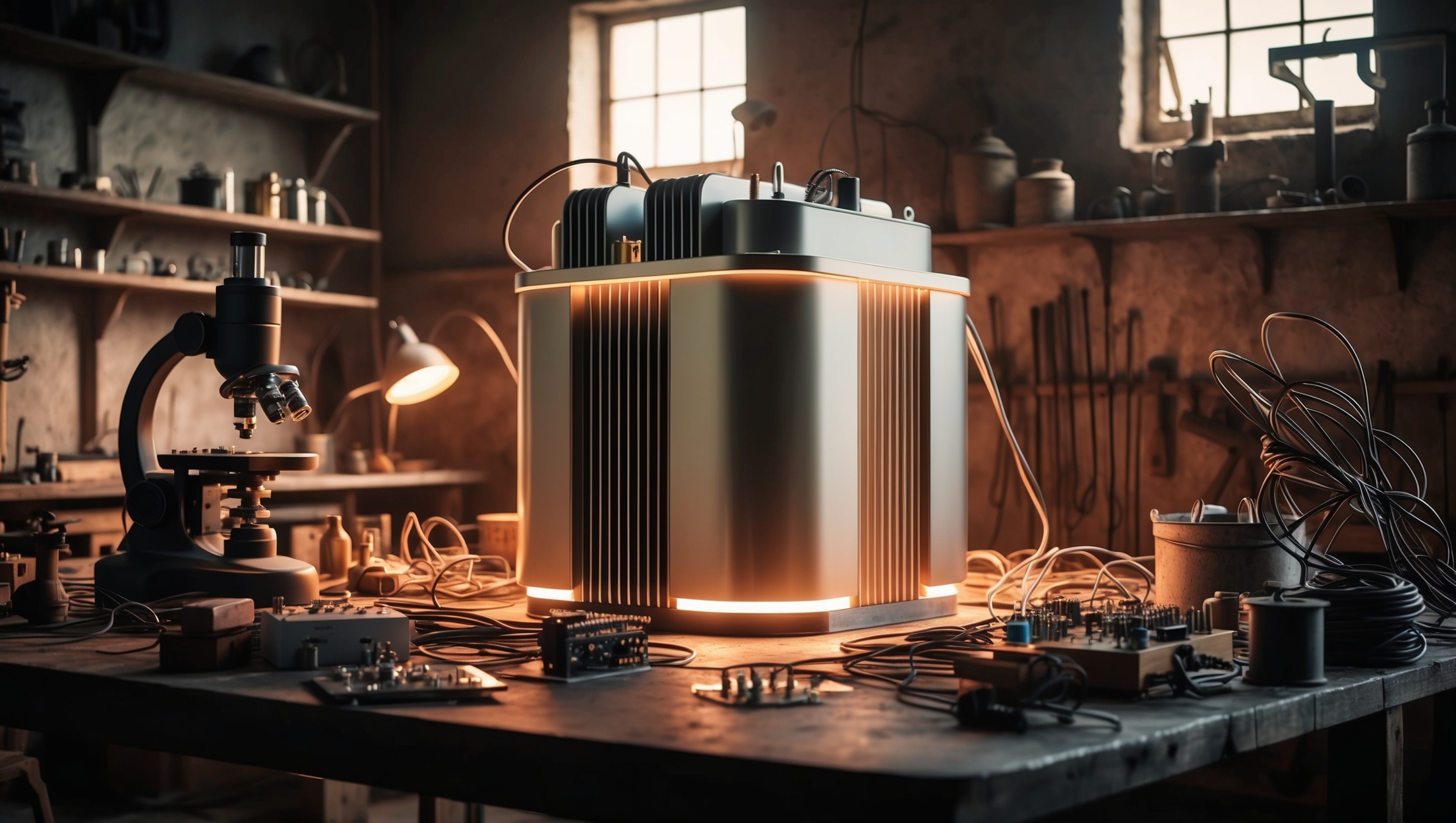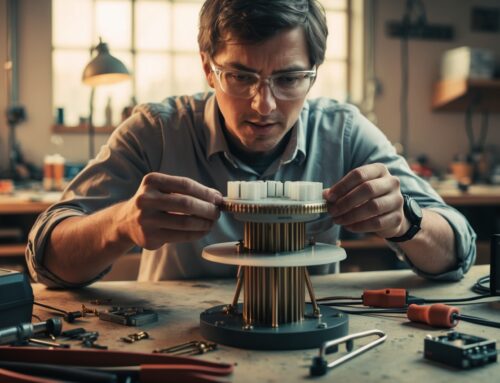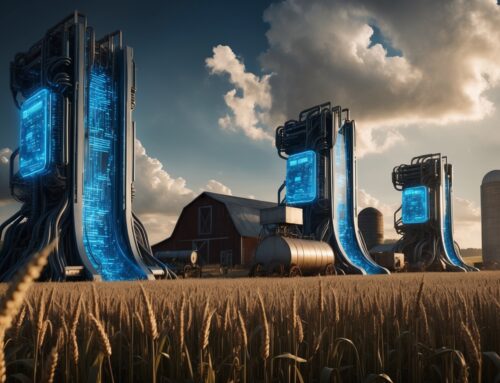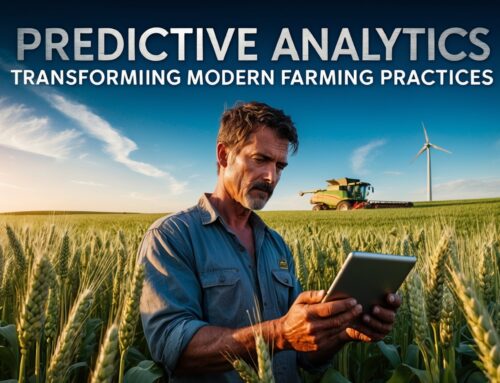When it comes to measuring soil moisture, there are a variety of sensors available, each with its own strengths and weaknesses. In this post, we’re diving into two of the most common types: capacitance and resistance soil moisture sensors. We’ll explore how they work, their pros and cons, and how to decide which one is the best fit for your farm.
Capacitance Soil Moisture Sensors
Capacitance soil moisture sensors work by measuring the dielectric constant of the soil. The dielectric constant changes as the moisture content of the soil changes, which allows these sensors to accurately determine soil moisture levels. Here’s a bit more detail:
- How They Work: Capacitance sensors use an electrical field to measure the soil’s dielectric constant, which directly correlates with moisture content. The higher the moisture, the higher the dielectric constant. These sensors are known for their fast response time and reliability.
- Advantages: Capacitance sensors are great for providing real-time, continuous measurements. They are generally more accurate and consistent across different soil types, especially when scientifically calibrated. Terrestream’s Irrigauge® sensors, for instance, use capacitance technology that’s calibrated for accuracy across all twelve major soil types, ensuring reliable readings no matter your soil type.
- Disadvantages: While capacitance sensors are more accurate, they can also be more expensive than other types. However, the investment often pays off in the form of better precision and reduced risk of over- or under-irrigation.
Resistance Soil Moisture Sensors
Resistance soil moisture sensors, also known as electrical resistance blocks, are another common type of sensor used in agriculture. They are typically more affordable but come with some trade-offs.
- How They Work: These sensors work by measuring the electrical resistance between two electrodes. Moist soil conducts electricity better than dry soil, so the resistance changes depending on the amount of water present. Lower resistance indicates more moisture, while higher resistance indicates drier soil.
- Advantages: Resistance sensors are much cheaper than capacitance sensors, making them an attractive option for smaller farms or operations with budget constraints. They are also easy to use and can still provide valuable data when cost is a significant factor.
- Disadvantages: The main drawback of resistance sensors is their reliability. They can be less accurate in different soil types and under varying environmental conditions. Soil salinity and temperature changes can also affect their readings, which may lead to less consistent results.
Which Sensor is Right for Your Farm?
Choosing the right soil moisture sensor for your farm depends on several factors:
- Budget: If you’re operating on a tight budget, resistance sensors might be the right choice. They are affordable and can provide basic moisture data that’s better than no data at all.
- Accuracy Requirements: If you need precise, continuous, and reliable data, especially across different soil types, capacitance sensors like Terrestream’s Irrigauge are a better choice. Their ability to handle environmental changes and provide consistent readings can make a big difference in irrigation efficiency.
- Farm Size and Goals: For smaller operations, resistance sensors might be sufficient. However, if your goal is to maximize yields, save water, and optimize every part of your irrigation plan, investing in capacitance sensors will likely provide better long-term results.
Terrestream’s Irrigauge: The Best of Capacitance Technology
At Terrestream, we believe in providing farmers with the best tools possible, which is why our Irrigauge soil moisture sensors utilize capacitance technology. These sensors are scientifically calibrated for twelve major soil types, and we even offer custom calibration for unique soil conditions. This attention to detail ensures that every farm gets the most accurate and relevant data for their specific soil, optimizing irrigation and crop performance.
Our Irrigauge sensors are solar-powered, built to last, and designed to withstand the harshest farming environments. With a 180-day battery life and a weather-resistant enclosure, they are ready to work for you through rain, heat, and anything else Mother Nature throws their way. They provide real-time data directly to our FieldLink® data logger, which then sends the data to our FieldHub® network hub for seamless integration with the Terrestream dashboard.
The FieldLink and FieldHub components work hand-in-hand to collect, relay, and present data in a user-friendly format, ensuring farmers have the information they need at their fingertips. With easy-to-install and maintain equipment, Terrestream’s solution is all about making advanced technology accessible to every farmer.
Unlike traditional resistance sensors that may struggle in variable conditions, the Irrigauge delivers consistent, reliable results, helping farmers make informed decisions about irrigation. The Irrigauge system is particularly valuable in fields with mixed soil types, where resistance sensors often fail to provide accurate readings. Our solution’s ability to handle these challenges is what makes it stand out, offering unparalleled precision.
The combination of precise data, ease of use, and affordability makes the Irrigauge an ideal choice for farms of all sizes. Whether you’re managing a small plot or a large commercial operation, our sensors provide the insights you need to improve crop yields, conserve water, and increase overall efficiency.
Conclusion
Both capacitance and resistance soil moisture sensors have their place in agriculture, depending on your needs, budget, and goals. For those looking for an affordable and reliable solution, resistance sensors are a good starting point. However, if you’re serious about optimizing your irrigation practices, improving crop yields, and making data-driven decisions, capacitance sensors like Terrestream’s Irrigauge are the way to go.
Ready to upgrade your irrigation management? Explore Terrestream’s Irrigauge, FieldLink, and FieldHub to see how our system can help you make better, more informed decisions for your farm.





